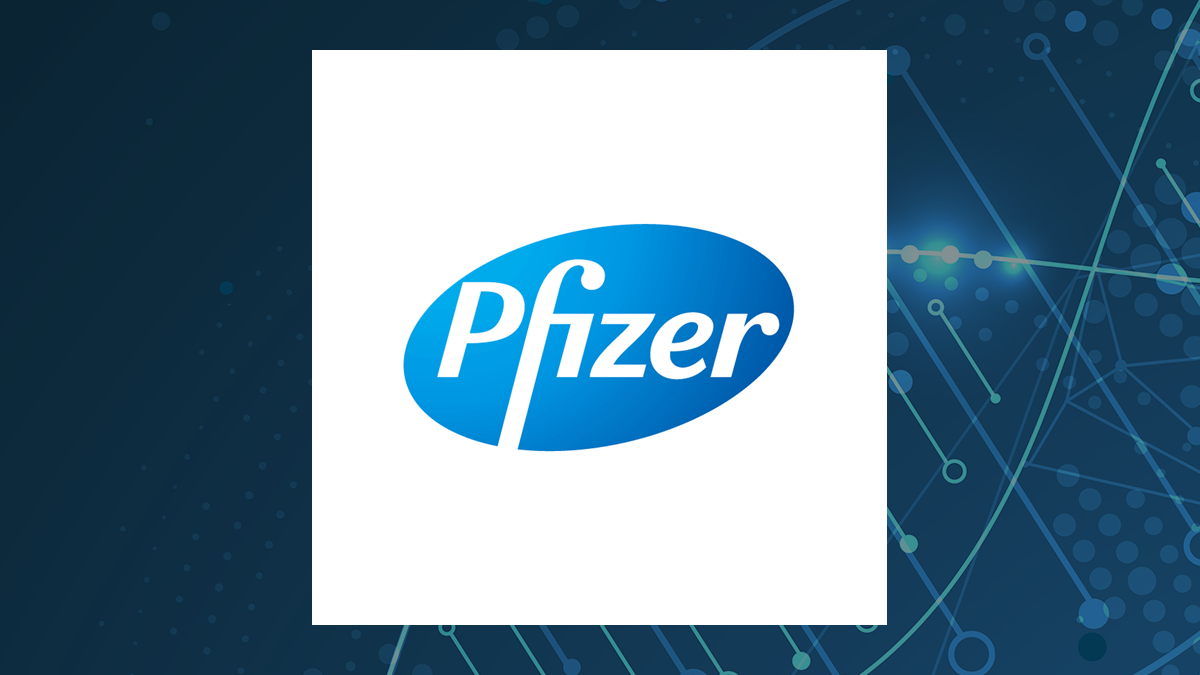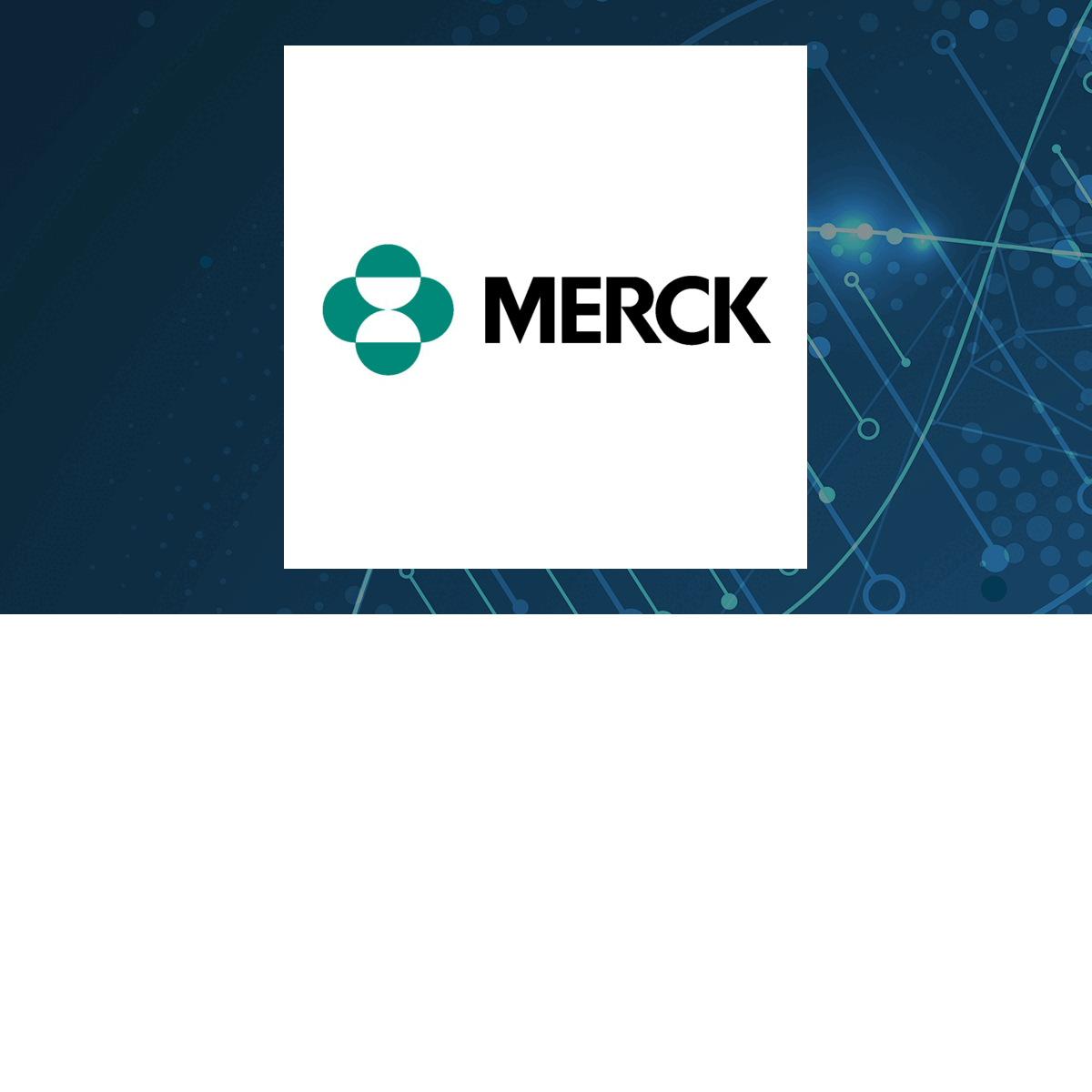Pfizer (NYSE:PFE – Get Free Report) and Merck & Co., Inc. (NYSE:MRK – Get Free Report) are both large-cap medical companies, but which is the better investment? We will compare the two companies based on the strength of their earnings, profitability, valuation, institutional ownership, dividends, risk and analyst recommendations.
Dividends
Pfizer pays an annual dividend of $1.72 per share and has a dividend yield of 6.8%. Merck & Co., Inc. pays an annual dividend of $3.24 per share and has a dividend yield of 4.0%. Pfizer pays out 124.6% of its earnings in the form of a dividend, suggesting it may not have sufficient earnings to cover its dividend payment in the future. Merck & Co., Inc. pays out 47.2% of its earnings in the form of a dividend. Pfizer has increased its dividend for 16 consecutive years and Merck & Co., Inc. has increased its dividend for 14 consecutive years. Pfizer is clearly the better dividend stock, given its higher yield and longer track record of dividend growth.
Volatility and Risk
Pfizer has a beta of 0.58, meaning that its share price is 42% less volatile than the S&P 500. Comparatively, Merck & Co., Inc. has a beta of 0.39, meaning that its share price is 61% less volatile than the S&P 500.
Institutional and Insider Ownership
Analyst Ratings
This is a breakdown of current ratings and recommmendations for Pfizer and Merck & Co., Inc., as provided by MarketBeat.
| Sell Ratings | Hold Ratings | Buy Ratings | Strong Buy Ratings | Rating Score | |
| Pfizer | 1 | 13 | 5 | 3 | 2.45 |
| Merck & Co., Inc. | 1 | 12 | 6 | 2 | 2.43 |
Pfizer presently has a consensus price target of $28.55, suggesting a potential upside of 12.20%. Merck & Co., Inc. has a consensus price target of $109.19, suggesting a potential upside of 34.85%. Given Merck & Co., Inc.’s higher probable upside, analysts plainly believe Merck & Co., Inc. is more favorable than Pfizer.
Profitability
This table compares Pfizer and Merck & Co., Inc.’s net margins, return on equity and return on assets.
| Net Margins | Return on Equity | Return on Assets | |
| Pfizer | 12.62% | 20.33% | 8.53% |
| Merck & Co., Inc. | 27.27% | 43.23% | 17.11% |
Earnings and Valuation
This table compares Pfizer and Merck & Co., Inc.”s top-line revenue, earnings per share and valuation.
| Gross Revenue | Price/Sales Ratio | Net Income | Earnings Per Share | Price/Earnings Ratio | |
| Pfizer | $62.46 billion | 2.32 | $8.03 billion | $1.38 | 18.44 |
| Merck & Co., Inc. | $64.17 billion | 3.17 | $17.12 billion | $6.87 | 11.79 |
Merck & Co., Inc. has higher revenue and earnings than Pfizer. Merck & Co., Inc. is trading at a lower price-to-earnings ratio than Pfizer, indicating that it is currently the more affordable of the two stocks.
Summary
Merck & Co., Inc. beats Pfizer on 12 of the 18 factors compared between the two stocks.
About Pfizer
 Pfizer Inc. discovers, develops, manufactures, markets, distributes, and sells biopharmaceutical products in the United States, Europe, and internationally. The company offers medicines and vaccines in various therapeutic areas, including cardiovascular metabolic, migraine, and women's health under the Eliquis, Nurtec ODT/Vydura, Zavzpret, and the Premarin family brands; infectious diseases with unmet medical needs under the Prevnar family, Abrysvo, Nimenrix, FSME/IMMUN-TicoVac, and Trumenba brands; and COVID-19 prevention and treatment, and potential future mRNA and antiviral products under the Comirnaty and Paxlovid brands. It also provides medicines and vaccines in various therapeutic areas, such as biosimilars for chronic immune and inflammatory diseases under the Xeljanz, Enbrel, Inflectra, Litfulo, Velsipity, and Cibinqo brands; amyloidosis, hemophilia, endocrine diseases, and sickle cell disease under the Vyndaqel family, Oxbryta, BeneFIX, Somavert, Ngenla, and Genotropin brands; sterile injectable and anti-infective medicines under the Sulperazon, Medrol, Zavicefta, Zithromax, and Panzyga brands; and biologics, small molecules, immunotherapies, and biosimilars under the Ibrance, Xtandi, Inlyta, Bosulif, Mektovi, Padcev, Adcetris, Talzenna, Tukysa, Elrexfio, Tivdak, Lorbrena, and Braftovi brands. In addition, the company involved in the contract manufacturing business. It serves wholesalers, retailers, hospitals, clinics, government agencies, pharmacies, individual provider offices, retail pharmacies, and integrated delivery systems. The company has collaboration agreements with Bristol-Myers Squibb Company; Astellas Pharma US, Inc.; Merck KGaA; and BioNTech SE. Pfizer Inc. was founded in 1849 and is headquartered in New York, New York.
Pfizer Inc. discovers, develops, manufactures, markets, distributes, and sells biopharmaceutical products in the United States, Europe, and internationally. The company offers medicines and vaccines in various therapeutic areas, including cardiovascular metabolic, migraine, and women's health under the Eliquis, Nurtec ODT/Vydura, Zavzpret, and the Premarin family brands; infectious diseases with unmet medical needs under the Prevnar family, Abrysvo, Nimenrix, FSME/IMMUN-TicoVac, and Trumenba brands; and COVID-19 prevention and treatment, and potential future mRNA and antiviral products under the Comirnaty and Paxlovid brands. It also provides medicines and vaccines in various therapeutic areas, such as biosimilars for chronic immune and inflammatory diseases under the Xeljanz, Enbrel, Inflectra, Litfulo, Velsipity, and Cibinqo brands; amyloidosis, hemophilia, endocrine diseases, and sickle cell disease under the Vyndaqel family, Oxbryta, BeneFIX, Somavert, Ngenla, and Genotropin brands; sterile injectable and anti-infective medicines under the Sulperazon, Medrol, Zavicefta, Zithromax, and Panzyga brands; and biologics, small molecules, immunotherapies, and biosimilars under the Ibrance, Xtandi, Inlyta, Bosulif, Mektovi, Padcev, Adcetris, Talzenna, Tukysa, Elrexfio, Tivdak, Lorbrena, and Braftovi brands. In addition, the company involved in the contract manufacturing business. It serves wholesalers, retailers, hospitals, clinics, government agencies, pharmacies, individual provider offices, retail pharmacies, and integrated delivery systems. The company has collaboration agreements with Bristol-Myers Squibb Company; Astellas Pharma US, Inc.; Merck KGaA; and BioNTech SE. Pfizer Inc. was founded in 1849 and is headquartered in New York, New York.
About Merck & Co., Inc.
 Merck & Co., Inc. is a health care company, which engages in the provision of health solutions through its prescription medicines, vaccines, biologic therapies, animal health, and consumer care products. It operates through the following segments: Pharmaceutical, Animal Health, and Other. The Pharmaceutical segment includes human health pharmaceutical and vaccine products. The Animal Health segment discovers, develops, manufactures, and markets animal health products, such as pharmaceutical and vaccine products, for the prevention, treatment and control of disease in livestock, and companion animal species. The Other segment consists of sales for the non-reportable segments of healthcare services. The company was founded in 1891 and is headquartered in Rahway, NJ.
Merck & Co., Inc. is a health care company, which engages in the provision of health solutions through its prescription medicines, vaccines, biologic therapies, animal health, and consumer care products. It operates through the following segments: Pharmaceutical, Animal Health, and Other. The Pharmaceutical segment includes human health pharmaceutical and vaccine products. The Animal Health segment discovers, develops, manufactures, and markets animal health products, such as pharmaceutical and vaccine products, for the prevention, treatment and control of disease in livestock, and companion animal species. The Other segment consists of sales for the non-reportable segments of healthcare services. The company was founded in 1891 and is headquartered in Rahway, NJ.
Receive News & Ratings for Pfizer Daily - Enter your email address below to receive a concise daily summary of the latest news and analysts' ratings for Pfizer and related companies with MarketBeat.com's FREE daily email newsletter.
